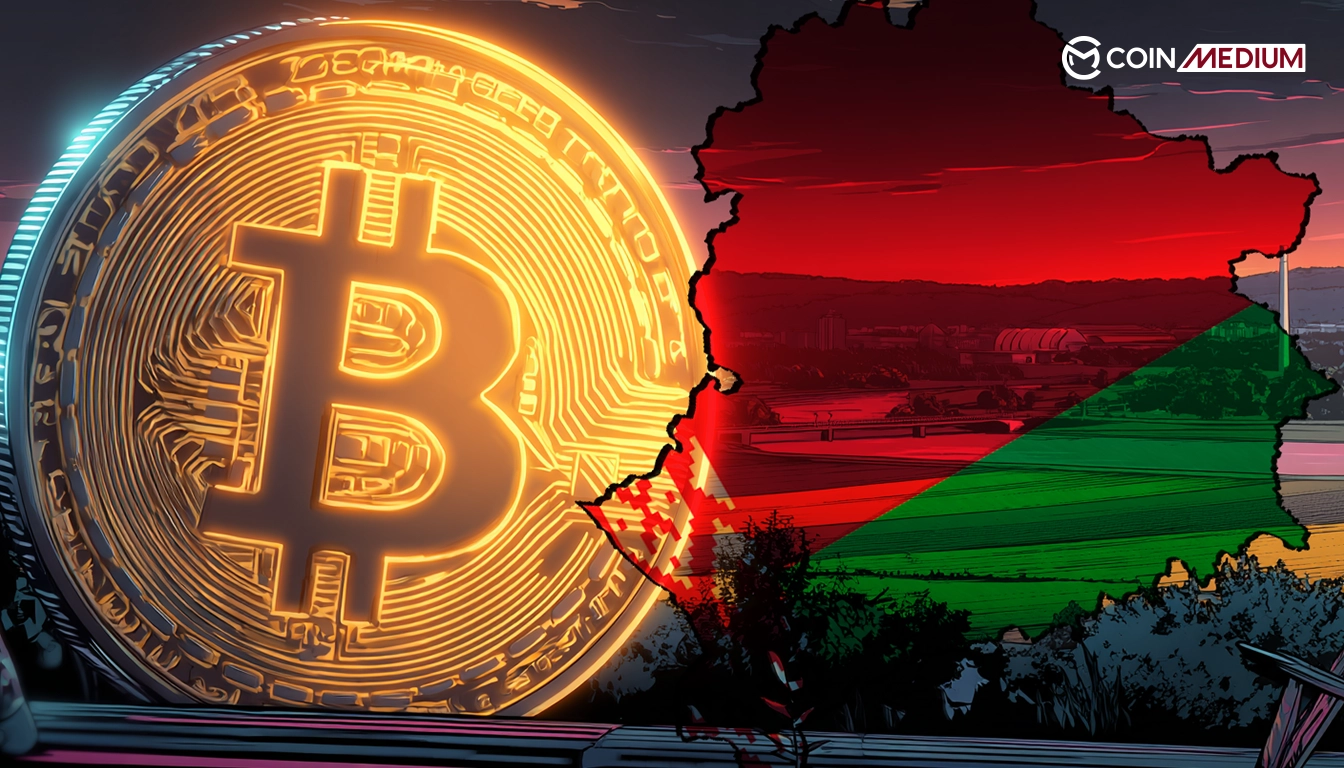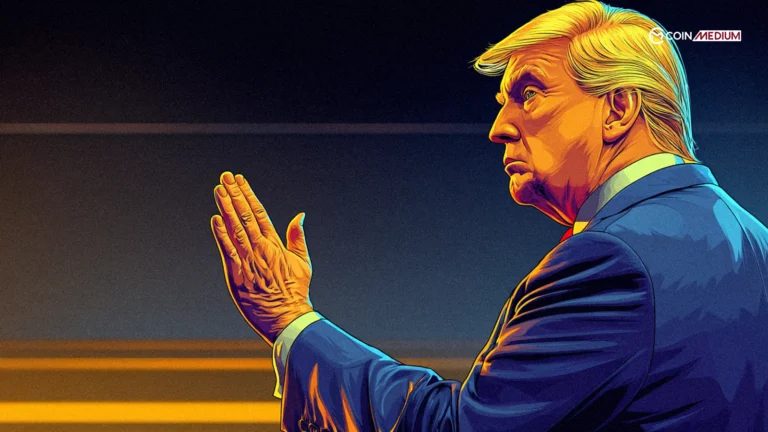Belarus president Alexander Lukashenko has called on Belarusian banks to expand cryptocurrency usage to combat severe sanctions.
Countries like the United States, Canada, Japan, Australia, the United Kingdom and the European Union have imposed sanctions on Belarus for human rights violations and their support of Russia’s invasion of Ukraine.
Lukashenko emphasized the urgent need to increase digital token transactions as a countermeasure.
The directive follows Lukashenko’s recent instructions to lawmakers to establish clear regulations for the cryptocurrency market.
Belarus also suffers with exports due to EU and U.S. sanctions.
“The national economy and banking sector have faced unprecedented challenges over the past five years. “The government and National Bank have their orders. Now, act.”
Lukashenko
Lukashenko recognizes the role of Digital Assets
The Belarusian president highlighted the growing role of crypto exchanges like Binance, OKX, and KuCoin.
He projected that external payments through these platforms could double to $3 billion by year-end, up from $1.7 billion in the first seven months of 2025.
Data forecasts that Belarus could see over 855,000 crypto users by 2026, representing nearly 10% of its 9.1 million population.
The president also urged banks to advance digital payment systems, including QR code-based transactions and an instant payment platform to be launched by end 2025.
VTB Bank Belarus, a Russian majority state-owned institution, has already introduced QR code payments linked to the ERIP online system.
Lukashenko recommended the adoption of biometric technologies and the creation of a national IT company to reduce reliance on foreign providers.
Has Belarus always Encouraged Crypto?
However, Belarus’s approach to cryptocurrency has been inconsistent.
While crypto transactions were legalized in 2018, allowing trading and mining, Lukashenko signed a law last year restricting individuals to Belarusian exchanges.
In 2023, the government explored banning peer-to-peer crypto transactions but also encouraged cryptocurrency mining to utilize surplus electricity.
The push for crypto and digital payments is how Belarus is planning to navigate sanctions.
Countries like Russia and North Korea have also encouraged cryptocurrencies to facilitate trade amid restrictions.







